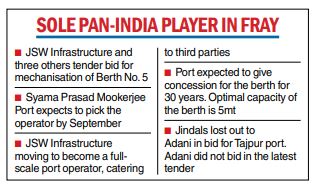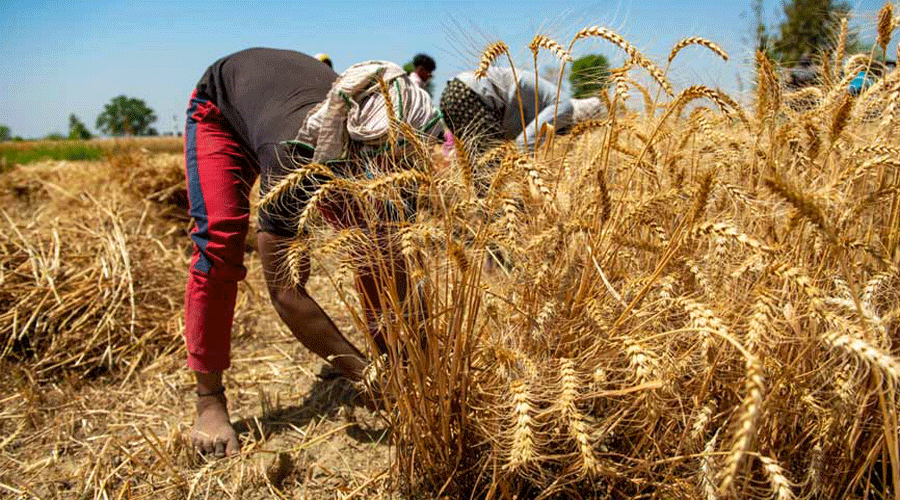The unseasonal high temperatures witnessed in February threaten to hit the wheat harvest that can lead to a spike in food prices, analysts have warned.
Economists said a scorching heat wave and the growing possibility of El Nino weather may not only impact inflation but also severely hit fiscal deficit of the country.
“If the prevailing high temperatures continue through March, the rabi wheat crop will be impacted and yields would at best be on a par — or marginally lesser — than last year’s low,” Crisil MI&A Research’s on-field interactions suggest.
India has enjoyed a good monsoon over the last four years, but there is a possibility of El Nino conditions developing in late summer.
Last month was the warmest February since 1877 with average maximum temperatures touching 29.54 degrees celsius, the India Meteorological Department (IMD) said.
It has warned that most parts of North India are expected to experience above-normal temperatures.
El Nino is a complex weather pattern where rising sea temperatures off the coast of remote Peru affect the monsoon winds into India and create drought conditions.
RBI worry
India’s economic growth unexpectedly slowed to a three-quarter low of 4.4 per cent in December, and the weather office’s prediction throw a fresh challenge before the central bank, struggling to keep a lid on prices.
“While the economy grapples with high food (cereals and protein) inflation, potentially adverse climate conditions are posing a fresh threat to India’s agriculture output. Heat stresses are building up again like last year, putting pressure on the production of rabi crops like wheat, oilseeds and pulses,” Madhavi Arora, economist, Emkay Global Financial Services, said. She said a combination of heat waves and El Nino will worsen an already difficult situation.
India Ratings and Research (Ind-Ra) said the temperature in February is again higher than normal, indicating wheat production, like 2022, may again face ‘‘terminal heat stress’’. This may result in the wheat output falling to 107.7 million tonnes (mt) against the second advanced estimate of 112.2mt.
Apart from the decline in wheat production, economists expect an uptick in vegetable prices and sticky core inflation. Vegetable prices will begin to harden with the onset of summer and their contribution to consumer inflation to turn positive, after two consecutive months of negative contribution.

The finance ministry has already acknowledged risks to growth and prices if El Nino conditions return. Chief economic adviser V. Anantha Nageswaran flagged the need to be ready with both supply side and monetary policy measures in the wake of a deficient monsoon season.
Emkay’s Arora said this will tighten the fiscal situation further as the government would need to provide higher price guarantee to farmers.
It also implies a potential impact on fertiliser prices, with usage likely to increase during a poor monsoon year to maintain yields.
Fertiliser subsidies will stay at an elevated level after a record payout in the current fiscal year.










